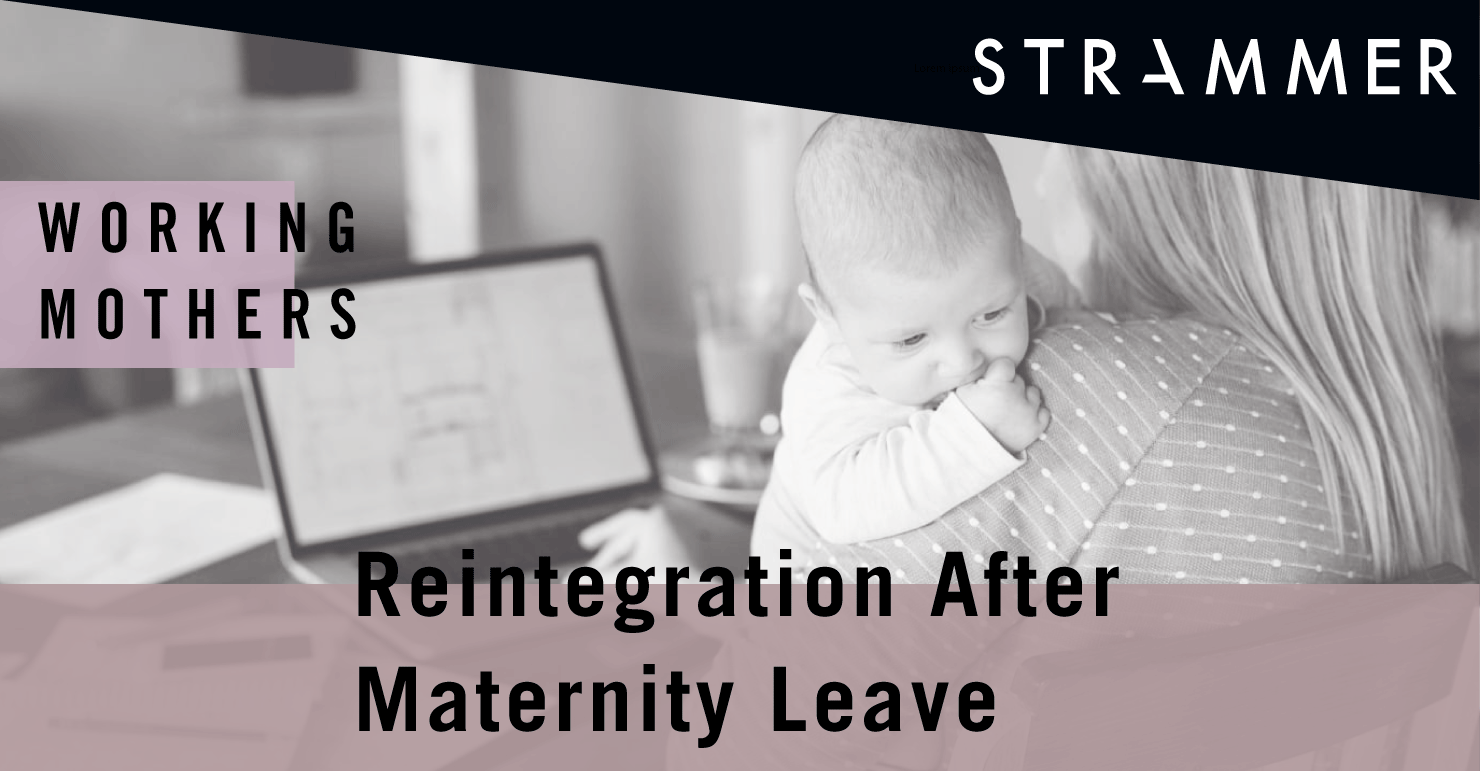Reintegration After Maternity Leave
Pregnancy and birth are a life-changing experience. For working mothers, challenges are even higher and the reintegration after maternity leave can be a period full of stress, doubts and concerns, not only about the newborn but also about returning to work. Being a full-time mother with a 9 to 5 job is not simple. But as a company, having maternity leave strategies not only helps the employee but also the company. Investing in maternity leave plans can have a positive impact on employer branding. It demonstrates that the company cares about its workers and that it is worried about strengthening gender equality and women’s rights.
Investing in a good maternity leave plan can smoothen the transition from maternity leave to work. It can include offering flexible work hours or even working from home. A study in the United Kingdom from 2018 showed that one in five working mothers had to quit their jobs because they were not offered flexible work after maternity leave. Paid maternity leave is another way companies found to help families be economically self-sufficient. But just as those examples, working conditions might need to be adjusted when returning to work and managers should guide and support them as much as possible.
Working mothers should also set short and long-term goals, like a 90-day plan, to assure an easy transition. Given that a working mum must juggle between her work and home responsibilities, she knows best about her availabilities and the challenges she is facing. The transition plan can make all the difference, by helping her prioritise tasks and reviewing goals.
Even if measures are being taken, the transition to work is not always soft. A study in the United Kingdom from 2018, showed that 65% of working mothers said that after maternity leave, they have to work harder to prove their worth in the workplace.
In terms of legislation, some countries guarantee the right to maternity leave; others have not implemented it yet. In France, maternity leave is 16 weeks off and paid at an average of 94,2% of the salary. The US is the only developed country that does not guarantee the right to maternity leave. Employers, Government and Legislators need to work on maternity leave policies and assure they help integration at work.
Paternity leave has also been gaining importance. EU institutions are discussing establishing a 10-day minimum paternity leave, for the whole EU. In countries like Spain and France, paternity leave is already an established right. In France, 7 in 10 fathers use it. . The goal of this policy is also to decrease the gender equality gap. Despite the positive benefits, including being more active in the early life of their children, a Deloitte’s research from 2016, showed that 57% of men said that exercising their parental leave right was seen as a lack of commitment to their jobs. Companies should promote policies that fight this stigma and encourage paternity leave.
References:





